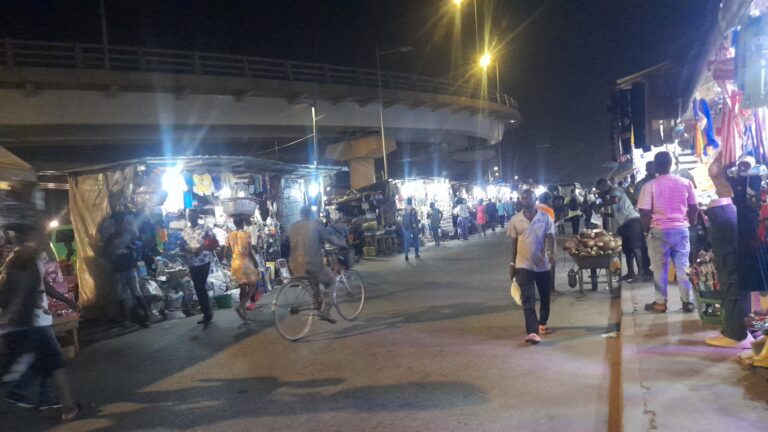
When fraudsters learn that an existing ploy has become known to their targets, they devise a new way to remain on top of their unlawful game.
A new way through which scammers now prey on people’s mobile money (momo) savings in Ghana has been discovered.
Until recent times, the fraudsters usually would set up telephone conversations with their targets and steer the conversations to an end point where the targets were fooled into revealing their personal identification numbers (PINs).
The PINs were all the keys the confidence tricksters needed to unlock and empty the momo accounts of their victims for themselves. And they succeeded in the business fraud for a long time, young people and unsuspecting old folks their major victims.

In 2022, the government made it a must for everybody in Ghana to register their Subscriber Identity Module (SIM) cards, and warned that all unregistered SIM cards would be blocked by July 31.
The mandatory registration policy was strictly executed, a huge turnout of people seen in queues at offices of network service providers across the country seeking to register their SIM cards before and long after the deadline.
Because that trick flourished on unregistered SIM cards, it was expected that the SIM card registration policy would help knock it out of the system.
But the fraudsters have remained daring, making attempts to defraud people through electronic transactions (a way of purchasing or selling goods or services without using cash).
According to those who have fallen prey to it, they target traders. And they mostly interact with their targets face to face.

One of the alleged victims of the scam, who mentioned his name only as Kwabena to Media Without Borders‘ Edward Adeti, deals in electrical appliances in Accra.
He spoke about a young man who visited his shop recently to buy an item worth 250 cedis. The buyer told him he did not have the amount on him in cash and opted to pay from his momo account. The shopkeeper agreed.
Then, the buyer transferred two cedis and fifty pesewas (¢2.50) to the seller. Kwabena did not immediately realize that there was a dot separating the 2 from the 50. Seeing ¢2.50, which was two cedis and fifty pesewas only, electronically transferred on his phone screen, he thought it was 250 cedis.
Before the young man left, he also bought two more items from the same shop, each at ¢9.55 and ¢6.40 and paid for them separately through momo. But he was supposed to pay ¢995 and ¢640 for those extra items he took away from that shop. Not until after he had long walked away from the area did the seller realize his head had been ‘shaved’. He said he spent the next minutes on his feet, speechless and holding his head in his hands.

Another trader, a boutique owner, told Media Without Borders how a scammer took advantage of her failure to notice the dot between the figures in the money he transferred to her momo account and made away with clothes and footwear valued at ¢1,800 combined.
“I failed to check the transfers properly because I was also busy attending to other customers at the time when he was handpicking the items and paying for them one after the other on the spot,” said Fati Alhassan. “I discovered it when I was taking stock at the end of the day.”
Source: Media Without Borders/mwbonline.org







